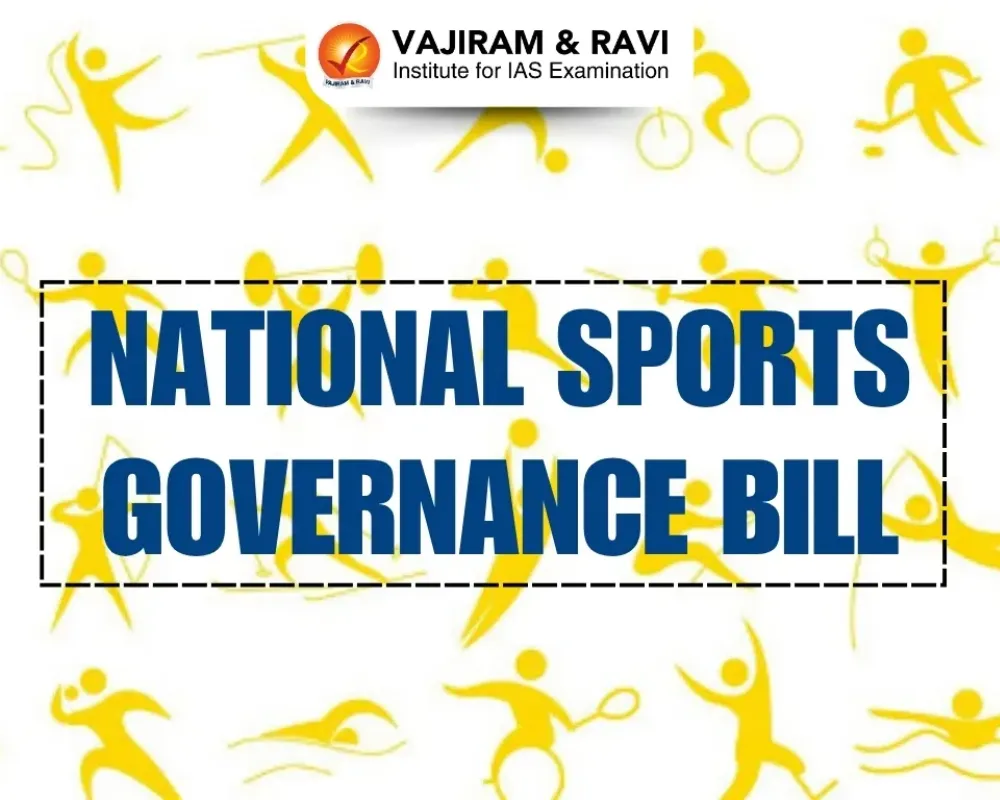The Indian government has introduced the National Sports Governance Bill 2025, a landmark legislation aiming to bring transparency, accountability, and athlete welfare to all National Sports Federations, including the powerful BCCI.
 Vijay Kumar
Vijay Kumar

After years of deliberation and multiple attempts, the Central government has finally introduced the National Sports Governance Bill 2025 in Parliament. This landmark piece of legislation aims to revolutionize the administration of sports in India, promising greater transparency, accountability, and a more athlete-centric approach across all National Sports Federations (NSFs).
The timing of the Bill's introduction, alongside the National Anti-Doping (Amendment) Bill, 2025, underscores India's ambition to transform its sports ecosystem, especially with an eye on bidding for major international events like the 2036 Summer Olympic Games. Union Sports Minister Mansukh Mandaviya highlighted the imperative for a "positive transformation" in sports governance to achieve better outcomes and sporting excellence.
Key Pillars of the Bill:
The National Sports Governance Bill 2025 is designed to address ten persistent issues plaguing Indian sports administration, including frequent litigation, lack of a dedicated dispute resolution forum, weak athlete representation, and financial mismanagement. Its core provisions include:
Dispelling Misconceptions and the Path Ahead:
The Ministry of Youth Affairs and Sports has sought to clarify that the Bill aims to facilitate good governance, not to control NSFs. It emphasizes ensuring autonomy while enforcing basic governance standards. However, the sweeping powers granted to the National Sports Board, whose members will be appointed by the central government, remain a point of discussion.
While the Bill's introduction is a major step, it still needs to be debated and passed by both Houses of Parliament to become law. The inclusion of the BCCI under its purview is a particularly watched development, given the cricket board's unique stature.
The National Sports Governance Bill 2025 signals a decisive shift towards greater accountability and professionalism in Indian sports. If implemented effectively, it has the potential to usher in an era of fair play, transparency, and enhanced athlete welfare, paving the way for India to truly shine on the global sporting stage.






Sign up for the Daily newsletter to get your biggest stories, handpicked for you each day.
 Trending Now! in last 24hrs
Trending Now! in last 24hrs